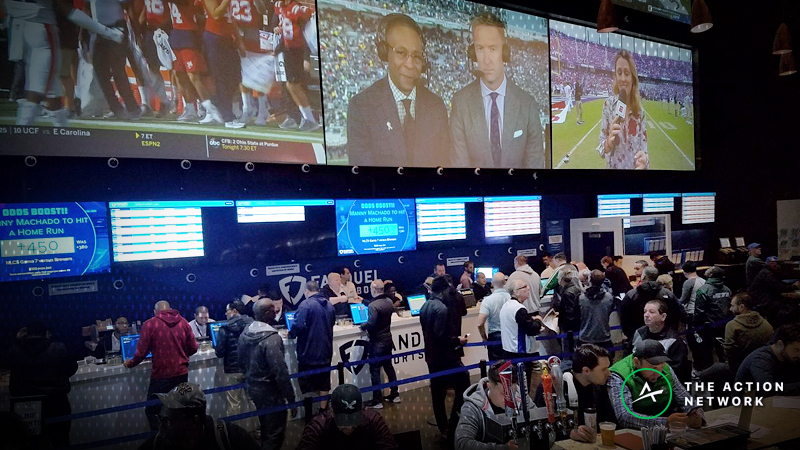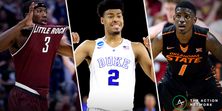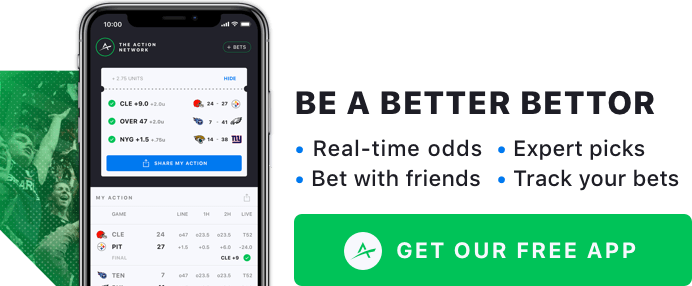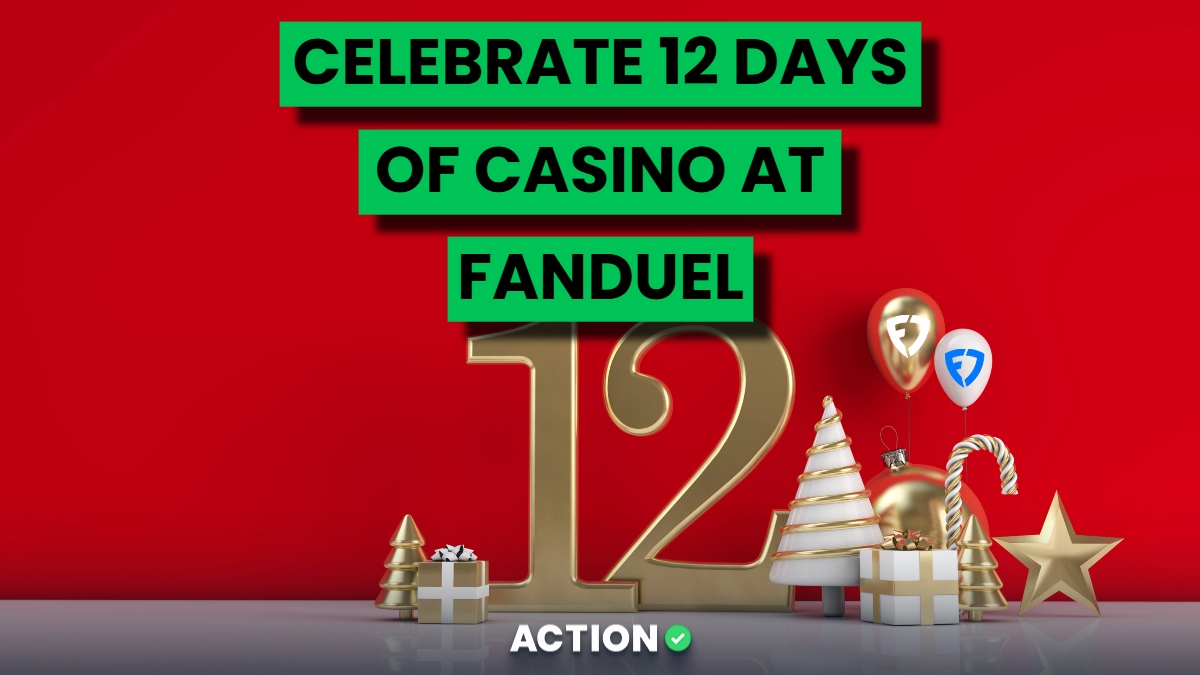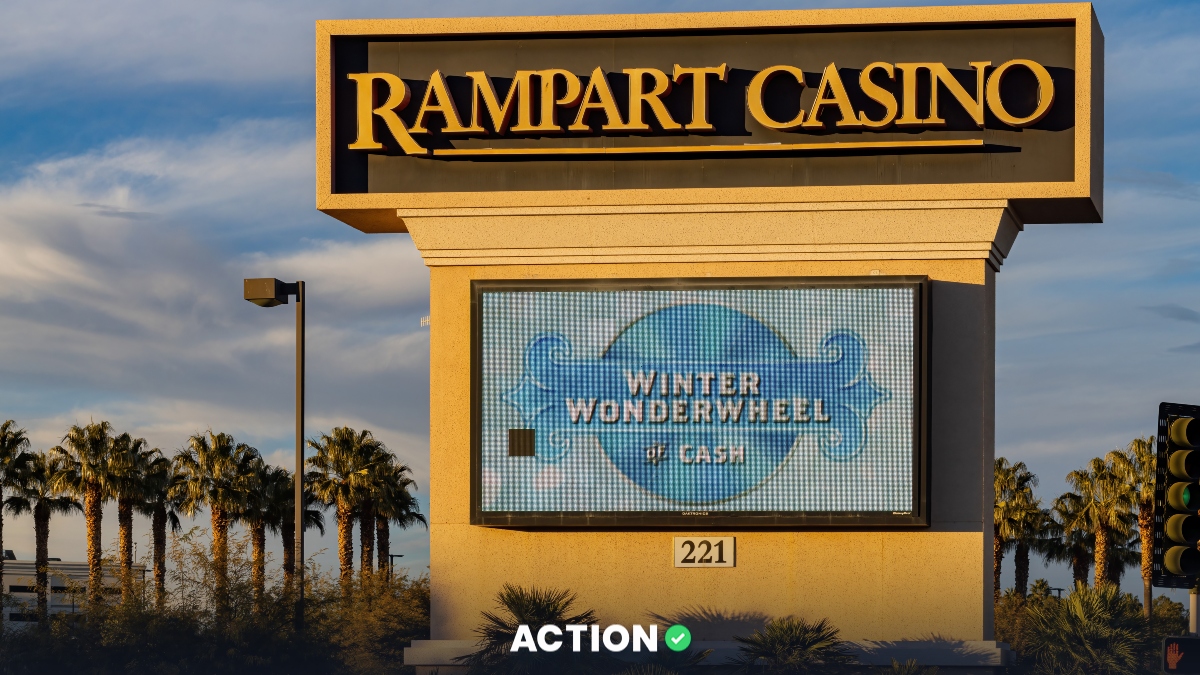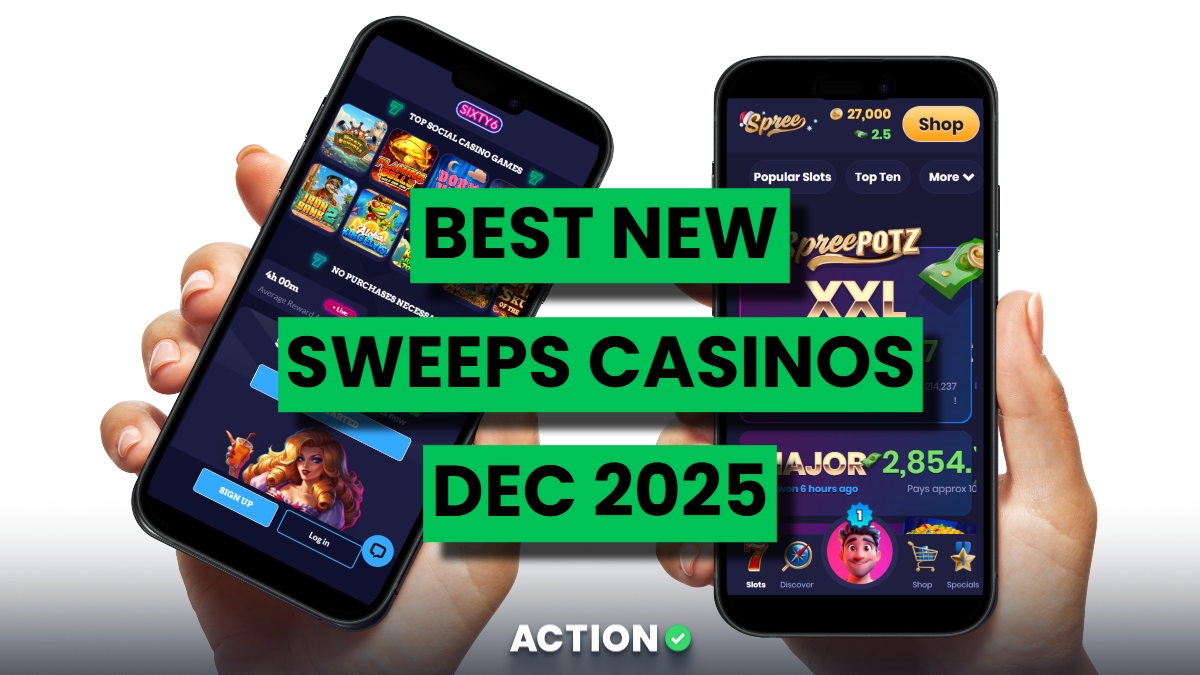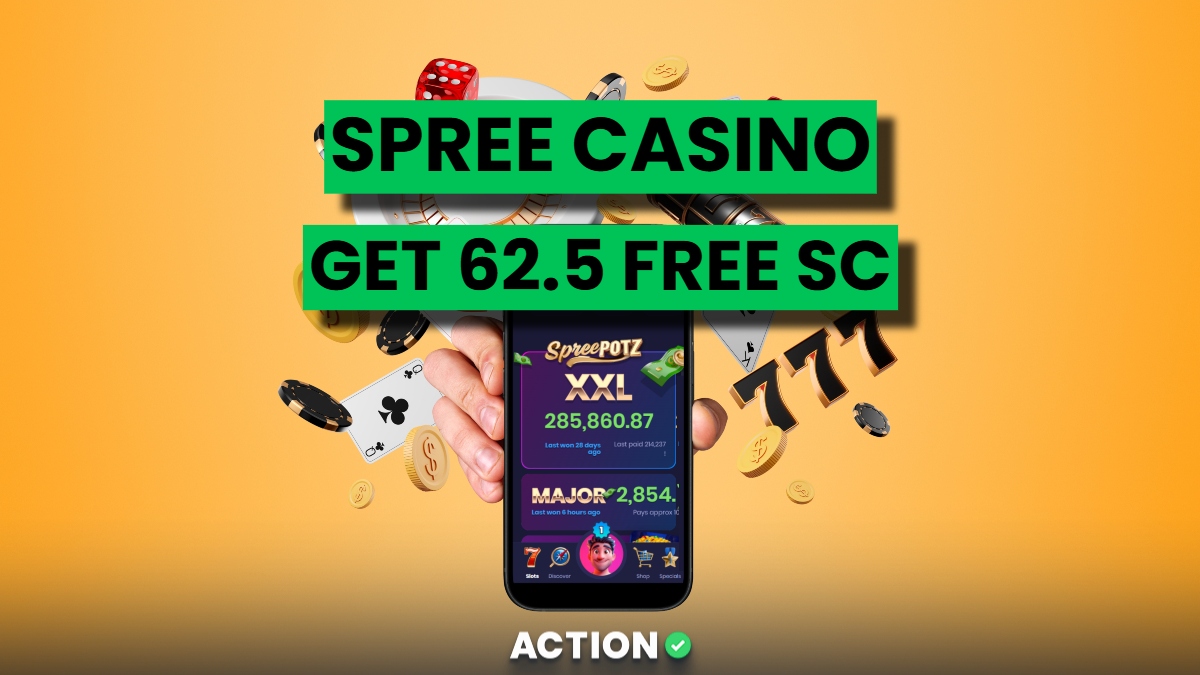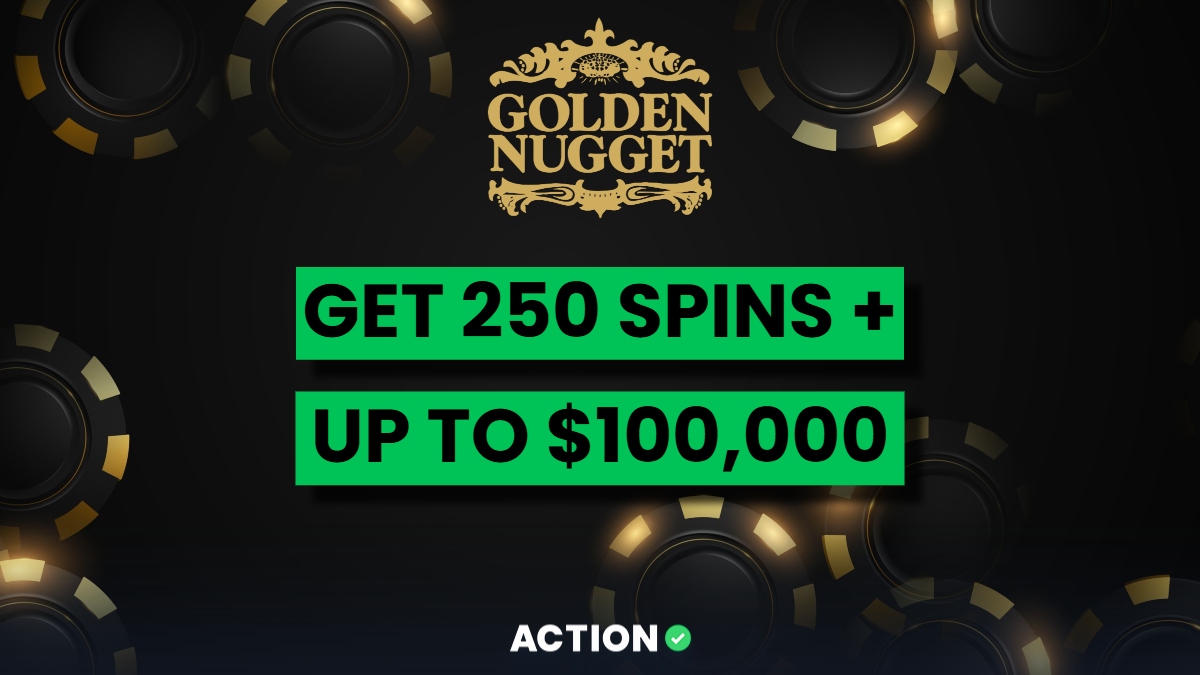- Some New Jersey sportsbooks have made commonplace the practice of issuing credits around high-profile bad beats.
- Not everyone is in love with the practice, but the books say the promotions are a way to ease the sting around bad beats, particularly for new bettors.
Before the Duke-North Carolina game on Feb. 20 was over, PointsBet had already given credit to those who bet on losing Duke.
In the opening minute of the game, Blue Devils star Zion Williamson had blown out his sneaker and didn't return. The Tar Heels went on to win by 16 points.
PointsBet, an Australian-based operator whose U.S. business comes as a mobile app in New Jersey, issued about $100,000 in refunds in the form of a credit.
Since becoming available to New Jersey bettors in January, PointsBet has issued a credit to bettors on nine different occasions, with the biggest payout being the Duke-UNC bet.
"They don't do this in a lot of businesses, but in betting, especially in Europe and Australia, it has definitely become commonplace," said PointsBet CEO Johnny Aitken. "It's one of 20 or 30 strategic things we are doing to win here."
Operating a legal sportsbook is brutally competitive. In New Jersey there are now 14 mobile betting apps. PointsBet was the ninth and, unlike others, had no land-based business or fantasy product in the U.S. prior to unveiling its mobile product. That's one of the reasons they are so aggressive in issuing credits for bad beats.
There are some critics who say refunding high profile games for public relations reasons isn't good business, and, if we're being honest, it's a business where I'm uncomfortably part of the business plan.
The sportsbooks pick the games that are the most high profile, then announce the give back, often compelling me to report it.
In a Twitter poll, I asked my followers: "Do you like the idea of sportsbooks giving back money to bettors who lost in games that were close calls, to further promote their business?"
The result slightly surprised me: 64 percent of the 23,324 people who voted clicked "no, it's gambling."
"It just sets a weird precedent," Tweeted Adam Landau, a marketer in Chicago. "How do you decide when money gets returned? I know they're trying to build customer bases, but long term, could hurt their brands and their customers."
Last week, I went on Jimmy Traina's Sports Illustrated podcast. We talked a lot about betting, as Traina is a bettor himself. Traina said he didn't like the refunds because it's not consistent. He expanded on that point today in an article on SI's website.
For starters, I'd never bet at a book that offers refunds because it makes me think they're not a legit outlet," Traina wrote. "More importantly, though, the cherry picking of games for refunds is infuriating. The NCAA tournament or NFL playoffs are no more important than any other game in the betting world. If you have $100 on an NCAA tournament game and a $100 on a meaingless regular season NBA game in the middle of December, guess what? In the gambling world, their importance is the same. The value of the bet is the same.
While Aitken wouldn't equate dollar-for-dollar spend, he did say these refund promotions isn't expected to yield an immediate return.
"This is a marathon, not a sprint," Aitken said. "We'd be foolish to think we were going to win right away."
PointsBet also isn't shelling out cash refunds right away, either. In the event that its so-called "Karma Kommittee" rules to refund bets for a bad beat, the company actually issues a credit that the impacted bettor can put back into play. If that subsequent free-roll wager wins, it becomes cash the bettor can withdrawal.
Aitken justifies the practice by saying, "There are a lot of new bettors coming in and we don't want to lose them when they get beaten badly on an early bet."
The same sentiment is felt by Jamie Shea, head of digital sportsbook operations for DraftKings, which is the top player in the New Jersey mobile market.
"We're trying to appeal to the average Joe," Shea said. "A lot of people are betting for the first time and it's with us. We don't want one of those bets to punch them in the nose and for them not to come back."
DraftKings refunded spread and moneyline bets as credits for the Elite Eight game between Virginia and Purdue after the Cavaliers hit a buzzer-beater to bring the game into overtime and then covered the spread.
It was a rinse-and-repeat situation for DraftKings less than a day later on Duke moneyline bets as the Blue Devils squandered a three-point lead with 90 seconds left to Michigan State. (This one was more because DraftKings CEO Jason Robins is a Duke alumnus.)
Unlike PointsBet, DraftKings had limits of a $50 credit back on both.
"A lot of this is trial and error," Shea said. "We're a new, blossoming industry and the promotions we are doing now seem to be working, but we'll continue to see what our customers want."
Shea said that DraftKings has a 90 percent retention rate after someone makes a bet, with 10 percent betting and not returning.
As for the criticism that the make good promotions ruin the notion of gambling, Shea says she doesn't buy it.
"Vegas did the exact same thing," said Shea, who ran Hard Rock's retail operation there for years. "But instead of giving back money on bets, they kept customers loyal by offering comp rooms or meals or loyalty points. We can't give free rooms."


